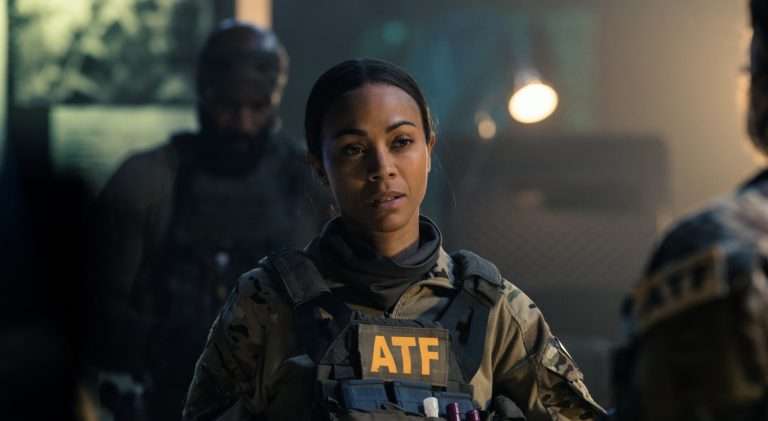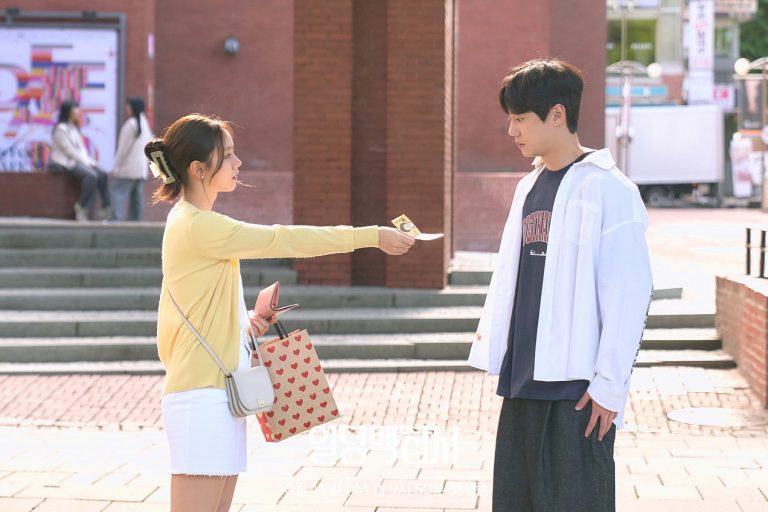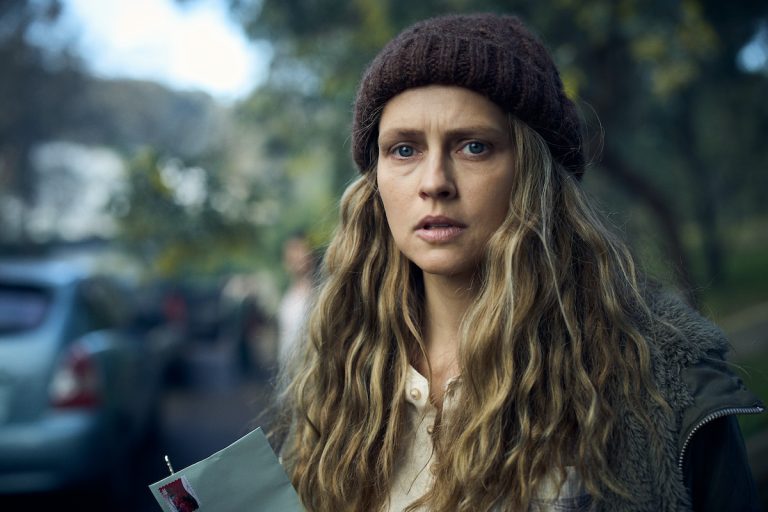Charlie Brooker’s Black Mirror has often been critiqued for losing the sharp edge that once defined its bleak, cautionary storytelling. The series, known for its grim take on technological advancement, built its reputation on a pessimistic view of how innovation might spiral out of control. However, some argue that Black Mirror, much like its spiritual predecessor The Twilight Zone, occasionally finds room for hope amidst the darkness.
Still, there’s a growing gap between how fast technology integrates into everyday life and how quickly stories reflecting that evolution are created. As a result, media that not only portrays the dangers of technology but also explores its emotional or even optimistic possibilities is becoming more relevant—and more necessary. Black Mirror Season 7, Episode 5, titled “Eulogy,” falls into that emerging category. Rather than leaning into pure dystopia, it uses technology as a narrative tool to tell a story that’s both emotionally resonant and thoughtfully restrained.
Black Mirror (Season 7), Episode 5, “Eulogy” Recap:
An Unexpected Call
Sexagenarian Philip Connarthy (Paul Giammati) leads a presumably secluded life at his parents’ place in Cape Cod Riviera. One fine day, while going through his usual routine of pruning the garden, he receives a call from one Kelly Royce, an unfamiliar name. The call is to inform Philip about the death of Carol Royce, who had been Philip’s ex-girlfriend.
The flabbergasted Philip would then be informed about the nature of the call. A company named “Eulogy” arranges for the eulogizing of the deceased, and unlike Philip’s expectation, that doesn’t require a speech. Rather, that would require the delivery (via a DHL drone, which signifies that the world still resembles our present to a certain extent) of an AI installed in a small disk that Philip would have to attach to his temple. The AI would then do the work of reconstructing the images and sharpening the images from the physical photographs witnessed via the user, and additions of further stimuli, like music, could contribute to the memory holes being filled.
The initial set of photos
As befitting a sexagenarian like Philip, grumpiness could be attributed as a second nature. In the hands of Giamatti, it becomes a mask to hide the deep-seated pain that is threatening to burst over, perhaps because of the loss. As a result, some of the initial photos of Philip and Carol would only show Carol from the back or not have a picture of Carol at all, but rather Philip looking admirably at her through a doorway.
The AI would help in transporting Philip within the world of the photograph and start filling in dimensions, while it would personify itself as the Guide (played by Patsy Ferran) and attempt to both aid and guide and later chastise as more and more information regarding Carol and Philip’s youthful whirlwind romance comes to the forefront.
Philip’s perspective is highlighted through him initially refusing to give photographs and then later revealing the reason for the unwillingness as one borne out of hurt and rage, leading to him scratching out her face or her writings from each of the photographs he had of her. It results in a pretty uncanny valley scenario when the guide and Philip traverse the contours of the photograph, filling in color (literally in one case), but Carol’s face would be covered in squiggles. However, what would be established is that both Philip and Carol were serious enough in their relationship that they had agreed to move in together and had even repainted an apartment.
The Cracks in the relationship
Music and an urge to remember one of the few moments or pieces of music composed by Carol make Philip far more inclined to continue the search for the one memory worthy of being eulogized. But that entails more pictures, with Carol’s face cut off. It’s almost as if the extent of the anger is directly proportional to the mistakes (indirect or direct). For one, Philip’s choice to form a band with Carol and one of his mates, but to force Carol to play the synth instead of the cello to create a different sound for the band, is the first red flag.
The next set of photos, all taken at the same party, shows Carol hanging out with another guy while Philip was tending the bar. Petty jealousy clouds Philip’s common sense. But for the guide, the picture is crystal clear even without algorithmic enhancement—Carol was moving away from the guy and wasn’t enjoying his company. In sharp contrast, Philip had been acting pretty chummy with Emma, a mutual friend of the couple since the hangout days at the Coop (the co-operative party space), which definitely had made Carol suspicious.
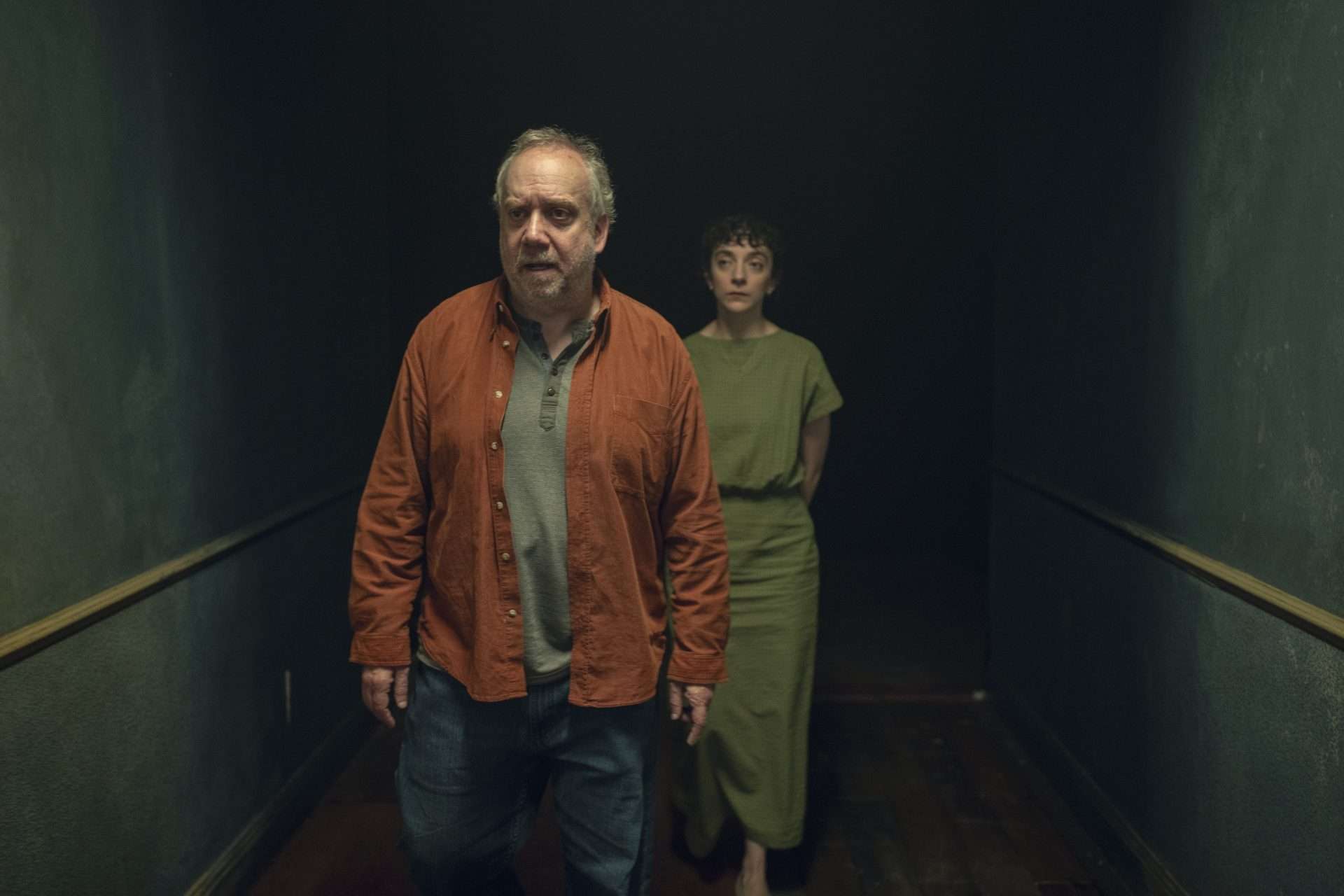
While Carol had gotten a six-month placement playing the cello at the Phantom of the Opera Orchestra and had been spending her time living her dream in London, it is heavily implied that Philip was somewhat jealous, having to stay back and manage his folks’ place. On the fateful night of his birthday, Philip hangs out with Emma at their apartment and fools around with her when Carol, in an action uncharacteristic of her, calls him from London, but Emma answers that call. That results in an ugly fight between Philip and Carol that Philip regrets, even as his grumpiness wouldn’t allow for that acknowledgment.
The Failed Proposal
The entirety of this exercise failing because Philip is unable to select a memory for the guide is further exacerbated by the guide’s opinionated tone, where she chastises and tries to point out Philip’s own flaws rather than putting the onus entirely on her. But Philip, in a fit of anger, finally reveals the reason for his sense of betrayal.
Philip, as planned previously by the couple, would fly out to London and book a hotel room for the two of them. After attending the orchestra, the couple would go out to dinner at a classy joint far above Philip’s pay grade, during which Philip would bend down on one knee and propose. The patrons of the restaurant had been in the plan. But much to Philip’s embarrassment, Carol refused to answer Philip’s proposal and just left. Left at the restaurant, a dejected Phil finished the wine bottle.
Who is the guide?
Philip’s reminiscing is rudely broken by the guide, again chastising. Philip, finally having had enough, asks whether she had been coded to be rude. To which she answers that she had been generated. She is a “disposable” avatar of Kelly Royce, the daughter of Carol Royce, having been the result of a one-night stand with Brian, whom she presumably doesn’t have much of a relationship with.
She reveals that when Philip had proposed to Carol in 1992, Carol had been pregnant with her, and she, through Philip’s repeated consternations, attempted to make him realize that even if Carol had wanted to explain to Philip, he wouldn’t have listened to her. Thus, she had removed that initial dejection out of the equation in the first place.
Black Mirror (Season 7,) Episode ,5 “Eulogy” Ending Explained:
What was in the letter?
The turbulent trip down that saddening memory suddenly makes Philip remember the disposable camera he had bought to click pictures with Carol. As it turns out, he had only clicked one picture, that too of the overturned hotel room, the unfortunate victim of Philip’s wrath post his rejection. As Philip and the guide explore the photograph and the hotel room, the guide discovers a letter signed “Philly” on the floor of the hotel room that Philip had forgotten. Philip tries to pick the letter up, and in a moment of helplessness, as if trying to pull a thread of his past, even though it is essentially just a negative image.
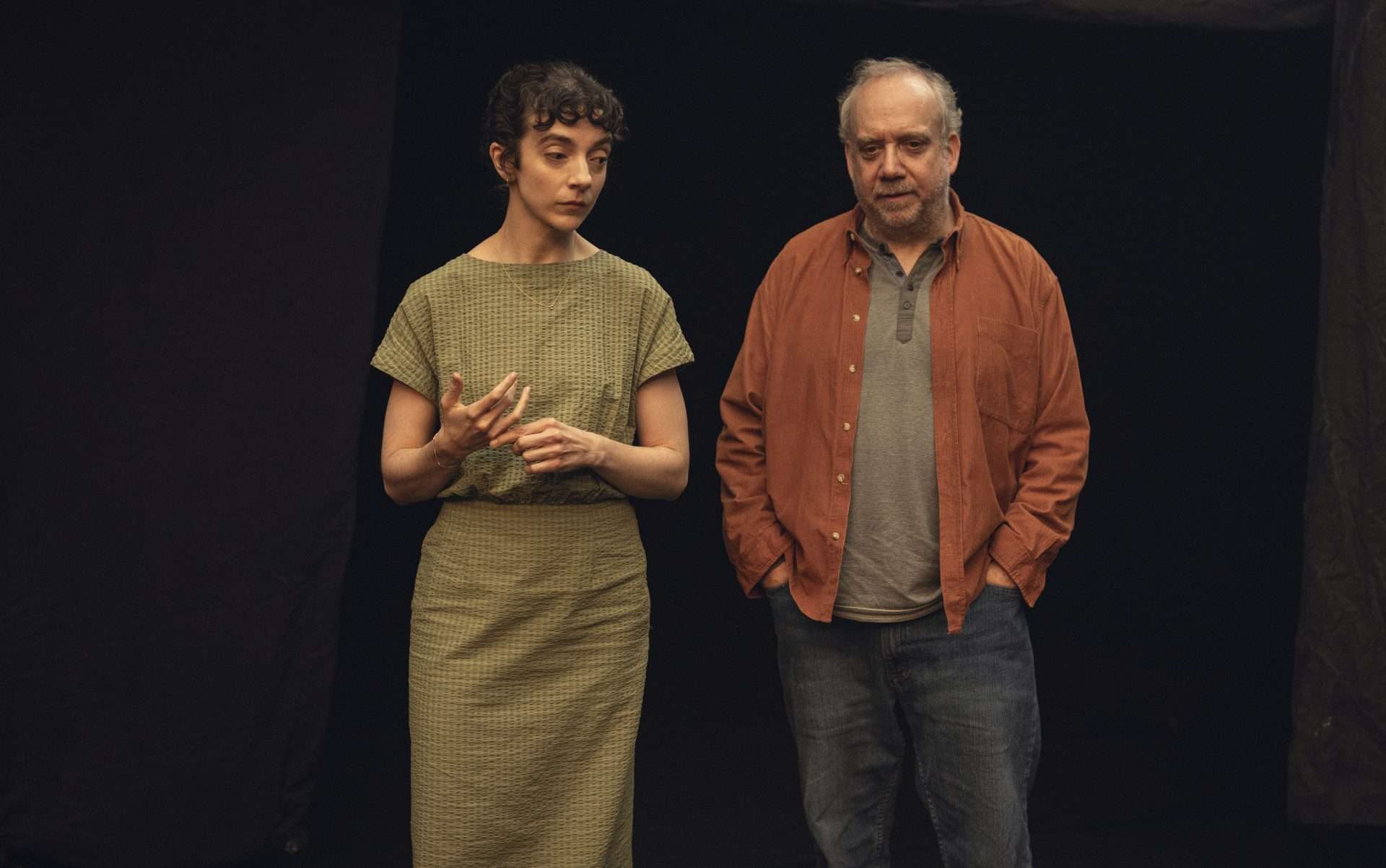
Until Philip remembers the maid having packed the letter unwittingly with all the belongings into a neat little pile that Philip had never noticed or even bothered to rummage through. Now, years later, Philip finally opens the letter to learn Carol’s confession about her one-night stand, her decision to keep the baby, and most importantly, her request for Philip to meet her the next day to talk about her decision to raise the baby. Unfortunately, her wish would remain stuck in the past, miscommunication pushing the two of them away with no hope of reconciliation.
What memory of Carol did Philip choose to eulogize?
The search for and discovery of the letter brings forth a sense of closure to Philip. As if to drive that point home, Philip unearths a recording of the music that Carol had composed and recorded specifically for him. He plays the cassette, and as the music plays, he takes the help of the AI to go within the contour of the photograph, where younger Philip had been watching Carol play the cello with affection.
As the older Philip walks to the door, the scene changes. Unlike a black tunnel of nothingness like the prior visit to the same photograph, the music unlocks his memory, making him remember the moment of Carol playing the violin. As the music wafts over the memory, we also cut to the actual funeral of Carol that Philip has chosen to attend in London. He walks into the chapel to find the same piece of music playing, this time composed on the cello by the real Kelly Grace, while the attendees witness the moment with the help of “Eulogy.”
And the moment? It is the emotional coup de grâce—the true moment of confluence of technology’s aid to fill in the gaps of memory—as Carol in the memory finally realizes she is being watched, and she smiles, revealing her smiling, beautiful face for all, and most importantly for Philip to see and be at peace with.
Black Mirror (Season 7) Episode 5 “Eulogy” Themes Analysed:
The Sentience of Artificial Intelligence
Two major themes stand out to me, one of them being the sentient nature of the Guide, which allows her to voice her opinions, have specific tics in body language and behavior, and definitely have a very specific tone in voicing her disapproval. As much as that could be taken as a lazy narrative shorthand, there is an impending sense of unease upon realizing how much even the “disposable avatar” of humanity could reasonably reach the realistic extent of human behavior.
How can Artificial Intelligence be used in the aid of the grieving process?
Unlike the majority of the “Black Mirror” episodes, which further double down on the doom and gloom regarding the existence of artificial intelligence and technology leading to the overpowering of humanity, “Eulogy” shows a different route. It would be too early to call a realistic take, but the procedure depicted in choosing a “moment” to eulogize might take away from the articulation and creative element that defines humanity’s power to voice experiences into words. Conversely, the aid of artificial intelligence to recall an exactitude of memory could help in actually reconciling with a loved one. From personal experience, I can definitively state that the voice of a deceased person is the most potent stimulus of remembrance, and this episode explores the more realistic extrapolation of the same.
The flip side of the same would be if this same methodology becomes so potent that humanity would choose to drown themselves in nostalgia or the good moments of the past rather than choosing to live in the present. It again highlights how much the potency of artificial intelligence truly rests in knowing how to use it as a tool to govern, rather than letting it govern the user.




